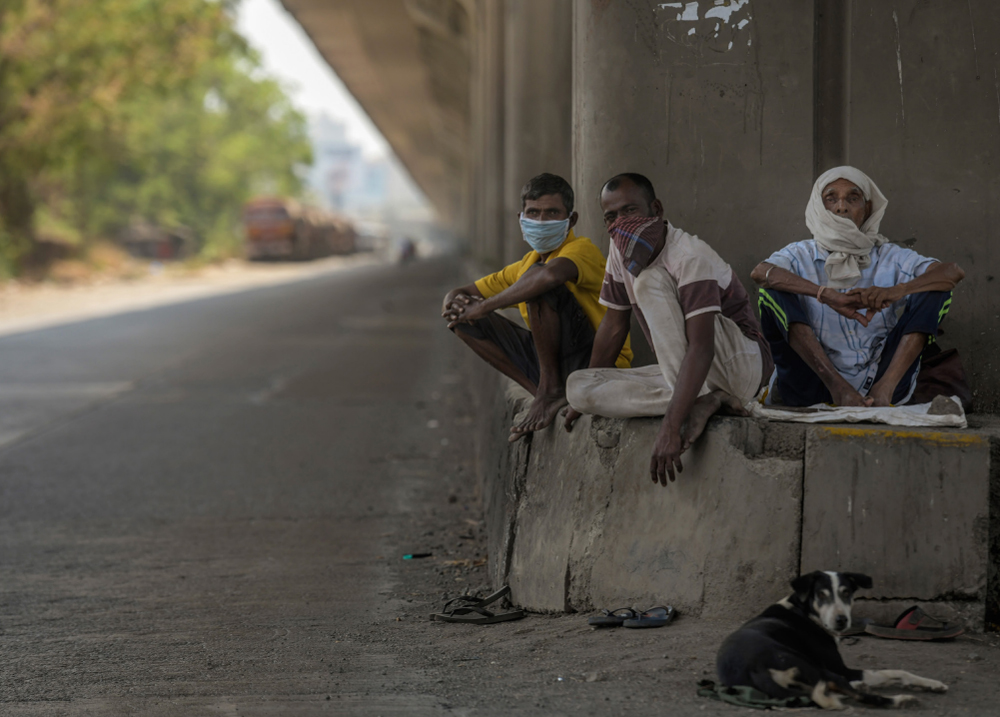The unprecedented threat posed by the Covid-19 pandemic has presented a crisis for the international humanitarian system. At a time when the number of people in need of assistance has drastically expanded, humanitarian funding has been cut as countries focus on their domestic economies. International travel bans and lockdowns have impeded humanitarian access, constraining conventional humanitarian response mechanisms and processes.

Every crisis presents an opportunity to rethink policy, practice, and research, and this issue of the IDS Bulletin – Humanitarianism and Covid-19: Structural Dilemmas, Fault Lines, and New Perspectives – investigates how the pandemic has exposed failings but also generated new opportunities and challenges in the humanitarian system, especially within the localisation agenda.
Edited by IDS Research Fellows Jeremy Allouche and Dolf te Lintelo, this IDS Bulletin presents original research articles from a range of contributors located in academia and humanitarian practice. Synthesising across contributions, four themes emerge.
- The first concerns the multifaceted nature of the pandemic and its cascading impacts. The Covid-19 pandemic has triggered not merely a public health as much as a socioeconomic crisis, to deepen structural inequalities and highlight population-specific vulnerabilities. Moreover, we are increasingly witnessing Covid-19 as triggering political crises, as social division grows, and (violent) political protests challenge the democratic legitimacy of state responses to the pandemic, such as vaccine passporting.
- The second theme emerging concerns how responses to the pandemic have intertwined with a weakening of protection regimes for displaced people, including asylum seekers and refugees. Asylum seekers are increasingly prevented from accessing the protection to which they are legally entitled by international law, and responses to the pandemic have increased exclusion and exceptionalism.
- The third theme concerns the ways in which the pandemic has shone light on the functioning of the humanitarian system. The contributors to this IDS Bulletin have exposed not only the various responses, procedures, and practices by humanitarian actors to the pandemic, but also the geographical boundaries of the humanitarian system, both in relation to a global North–global South dichotomy and other forms of everyday humanitarianism. They show how the pandemic has presented both an ordinary and an extraordinary crisis for the international humanitarian system, and inevitably highlight the failures of states and international humanitarian actors to provide needed assistance.
- Finally, the contributions note how the pandemic has given unanticipated impetus to the localisation agenda of the international humanitarian community. The term ‘localisation’, as used in the humanitarian sector, refers to the process of better engaging local and national actors in all phases of humanitarian action, including greater support for locally led action.
This issue also offers a salutary message about the future for humanitarianism in further crises – have responses to the pandemic offered a foreboding about increased forms of detachment, a low level of concern, and a weakening of international solidarities?